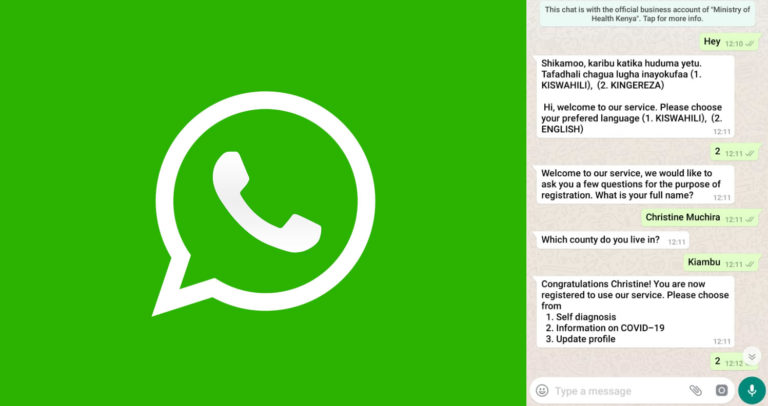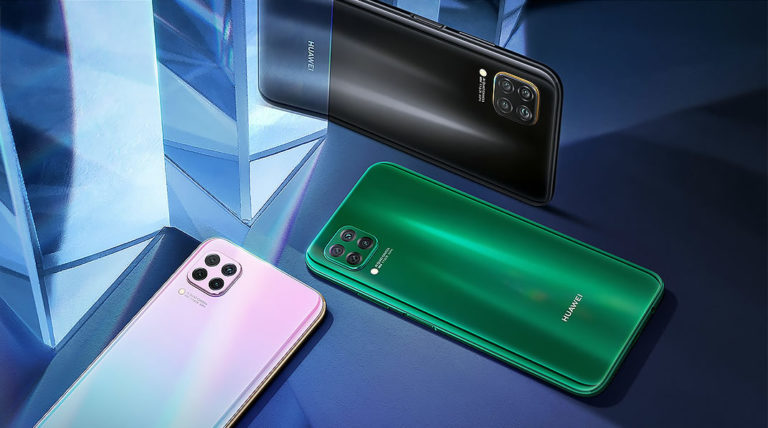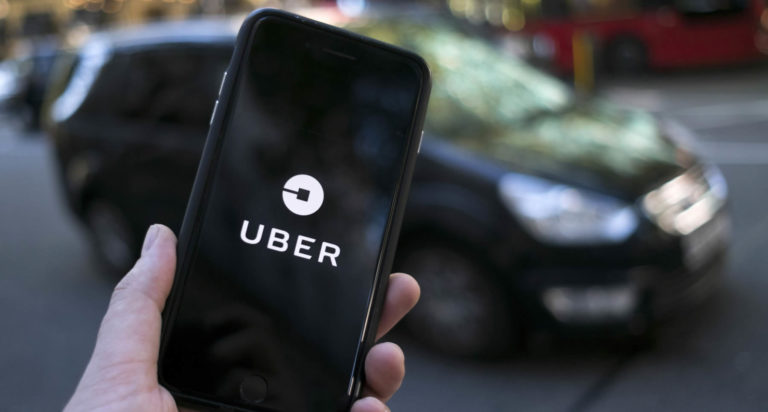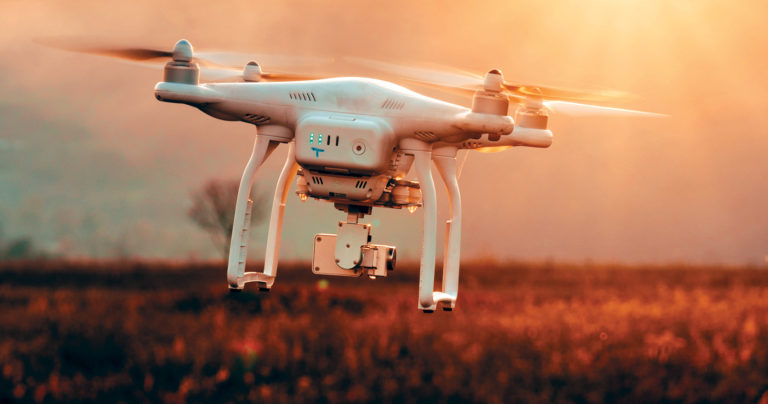Becoming a well-known influencer to product marketers has become one of the most desired professions for upcoming Kenyan youths for some really good reasons. But the path to its success doesn’t have to always be marred with controversy or negative publicity. As much as there are those who’ve rose to become very expensive influencers in Kenya through disturbing controversies that often tarnish their reputations for good, it is possible to keep your good reputation and become a force to reckon in the field.
True, some well known individuals in the sector have managed to rise way above the fold in the shortest time possible, and this can be attributed to instances that have taken Kenyans on social media by surprise both in a good way or negatively. But becoming a professional influencer in Kenya ought to involve hard work and brilliant thinking just like any other profession.
Is becoming an influencer worthy of a profession in Kenya?
The simple answer to the above question is “YES”. Product manufacturers and service-oriented companies have grown to recognize the impact influencers have on their products and services. The segment had long been left to celebrities ranging from actors, TV hosts or musicians; but the popularity of social media platforms such as Facebook, twitter, Instagram or even YouTube offers even more effective ways to market products and services.
There are many Kenyans out there who can now purchase a product just because someone they’re following or admire used the product or service. And to many companies, marketing an item is all about having the most impact on consumers decision, which is why becoming an influencer on social media mostly depends on the number of followers. Just like TV commercials, the whole point of using social media influencers is to reach as much audience as possible.
How to become a social media influencer in Kenya
1. Identify your specialty or talent
Companies deploy Influencer marketing option by using top content creators, specialized in their respective niches, to help them improve brand awareness, increase traffic, and drive their brand’s message to desired target audience. There’s no better way to create moving content than doing what you really like most. Remember the recent discovery of azziad nasenya with her utawezana dance moves featured on tiktok, not knowing that whatever she was doing could at some point propel her to a privileged position, she become an overnight sensation for doing what she loved most. Since then her social media following has swollen to professional levels.
2. Identify your comfortable platforms.
Secondly, identify your most preferred social media platform. In reference to Azziad Nasenya’s case, I didn’t even know there are that many Kenyans using tiktok until her videos went viral. So, it doesn’t really matter where you post your content as long as it relates to what you’re doing.
I’d assume that most photographers would prefer Instagram as the platform is top notch in photography blogging, and at the same time most video reviewers would settle on YouTube. Facebook is unrivalled for general bloggers.
3. Build a formidable following
Being a social media influencer is all about the following you build. As much as we’d love to associate with someone who posts stunning content, as an advertiser, I’d be willing to advertise my products or services with someone who has the most following of target audience than someone who just creates exemplary content.
There are various ways to build unsurmountable following on social media. You could create content and market it before becoming a marketer yourself. Ironically, the essence of becoming a social media influencer first involves marketing yourself first. If you’re a photographer or fashion designer for example, you’ll need to put your work out there by marketing. Post in relevant Facebook groups, invite your friends to like your page and even tell friends to invite their friends as well.
4. Create a company portfolio and share with potential companies
It’ll be worthless to have an enormous social media following if it doesn’t positively impact your life and one way to use your influence is to monetize it. Reach out to companies and share your portfolio. Photographers could be very successful with phone makers that often tout their cameras as the best in the industry.
5. And finally; ask yourself questions companies are looking to be answered
- Companies will be seeking to know if the influencer and his or her lifestyle fit their brand image
- Have you worked with any competitors?
- Who is this your current audience?
- Is the company’s target audience active on the platform/ channel
- How have you packaged your cost, do you fit client’s budget?
- Have you used any of client’s products and/ or services before?
- Do you have the kind of personality people would want to work with?
- As an influencer, what do you expect from the client









